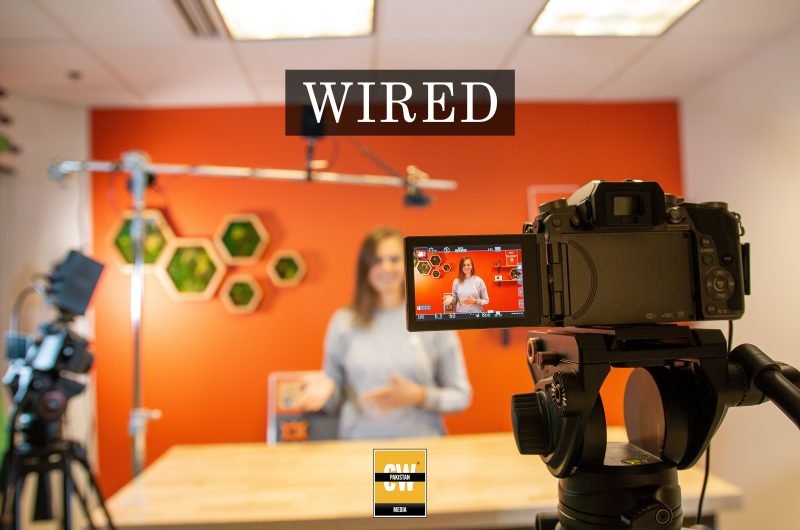ConnectHear, South Asia’s pioneering assistive technology startup, has officially launched its groundbreaking “AI for Inclusive Disaster Response” project at the Access.Ability.Tech event in Karachi. This initiative, backed by the GSMA Innovation Fund for Humanitarian Challenges and supported by HANDS and Ufone 4G, aims to ensure that Pakistan’s Deaf community has real-time access to life-saving information and communication during emergencies. By integrating artificial intelligence with ConnectHear’s virtual interpretation platform, the project represents a major step toward inclusive disaster preparedness in Pakistan.
As one of the ten countries most affected by climate-related disasters, Pakistan faces significant communication challenges, especially for its over 10 million citizens with hearing impairments. In times of crisis, the ability to receive and respond to emergency alerts can mean the difference between life and death. The initiative seeks to bridge this gap by utilizing AI-driven solutions that provide real-time sign language interpretation, automatic video alerts, and enhanced communication tools tailored for the Deaf community. The event featured distinguished guests from the public and private sectors, all emphasizing the need for inclusive disaster response frameworks. Chief Guest Kamran Akbar, Senior Social Development Specialist at the World Bank, underscored the significance of leveraging AI to support persons with disabilities during crises. He stated that inclusive disaster response is not merely a necessity but a collective responsibility, and that ConnectHear’s initiative sets a new standard for equitable emergency preparedness in Pakistan.
Brigadier Tarique Quadir Lakhair, CEO of SIEHS-1122 and Guest of Honour, highlighted the growing role of AI in emergency response services. He praised the Access.Ability.Tech initiative for ensuring that Deaf individuals receive timely and critical support during disasters. As an advocate of data-driven solutions in emergency care, he noted that integrating AI and digital tools enhances the efficiency and inclusiveness of humanitarian efforts, making crisis management more accessible for all. The event also included a panel discussion titled “Collaboration for Inclusion – Technology & Public-Private Partnerships in Disaster Management,” moderated by ConnectHear CEO Azima Dhanjee. Experts from organizations such as UNICEF, HANDS, and Ufone 4G shared insights on how technology and strategic partnerships can drive long-term impact in disaster management. The discussion highlighted the necessity of integrating accessibility solutions into mainstream emergency response efforts, ensuring that marginalized communities are not left behind.
Co-Founder and CTO of ConnectHear, Arhum Ishtiaq, elaborated on the innovative technology powering the initiative. He explained that the organization is not just developing translation tools but is actively creating a system that proactively delivers life-saving information in a format that is instantly understandable to the Deaf community. The core technologies being introduced include the Early Warning AI (EWAI), which will generate sign language-based video alerts for disasters, and an improved virtual sign language interpretation platform designed to function reliably even in low-connectivity areas. To ensure widespread adoption and accessibility, Ufone 4G has committed to disseminating EWAI alerts through its network while removing data costs for the ConnectHear app. Additionally, HANDS will spearhead community outreach and training programs, equipping Deaf individuals and their families with the knowledge and tools to fully utilize these innovations. The project initially aims to reach 1,000 beneficiaries but has ambitious plans to scale through further partnerships.
Beyond disaster response, ConnectHear is also making waves in the hospitality industry, demonstrating how AI-driven accessibility solutions can enhance customer experiences. In a recent collaboration with Serena Hotels Faisalabad, the company launched the ConnectHear app and conducted sensitization training for hotel staff. This initiative ensures that Deaf and hard-of-hearing guests can seamlessly communicate with hotel staff through real-time virtual interpretation. By integrating accessibility into its service model, Serena Hotels is reinforcing the idea that inclusive service is exceptional service. As Pakistan moves towards greater digital inclusion, projects like “AI for Inclusive Disaster Response” highlight the power of technology in creating a more equitable society. By combining AI innovation, strategic partnerships, and community engagement, ConnectHear is not only transforming disaster preparedness but also redefining accessibility standards across industries.










